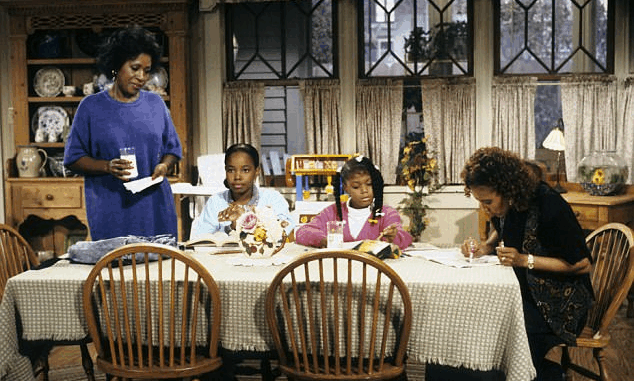
When The Cosby Show first aired on NBC in 1984, few could have predicted the cultural revolution it would ignite. Created by comedian Bill Cosby and writer Ed. Weinberger, the sitcom broke racial barriers, reshaped the American family narrative on television, and remained a Nielsen ratings juggernaut throughout its eight-season run. In this retrospective, we explore how The Cosby Show transformed the TV landscape and why it still sparks conversation decades later.
A Revolutionary Portrayal of Black Excellence
At a time when Black characters were often relegated to stereotypical roles, The Cosby Show offered a refreshing and empowering image of African-American life. The Huxtable family—led by obstetrician Dr. Heathcliff Huxtable and attorney Clair Huxtable—represented a successful, educated, and loving Black household. Their five children faced relatable, humorous, and heartfelt challenges, mirroring the everyday experiences of families across the country.
This portrayal wasn’t just aspirational—it was groundbreaking. The show’s creators insisted on avoiding tropes and clichés, focusing instead on intelligent dialogue, strong moral values, and the importance of education. The result was a sitcom that resonated with viewers from all backgrounds and redefined representation in mainstream media.
Cultural Impact and Critical Acclaim
From 1985 to 1989, The Cosby Show was the number one show in America, dominating prime time and attracting tens of millions of viewers each week. It won numerous awards, including six Emmy Awards and two Golden Globes. Beyond accolades, it inspired a generation of viewers—particularly young Black Americans—to pursue professional careers and higher education.
The show’s cultural influence extended into fashion, music, and even college enrollment rates. The prominence of historically Black colleges and universities (HBCUs) featured in the show helped spark a renewed interest in Black higher education. Cliff Huxtable’s signature sweaters became iconic, and the show’s jazz-infused theme songs added a unique flair to the traditional sitcom format.
Controversy and Legacy
In recent years, The Cosby Show has been reevaluated in light of the numerous sexual assault allegations against its creator and star, Bill Cosby. While these developments have undoubtedly complicated the show’s legacy, many media critics argue that its cultural and social contributions remain significant.
This duality has led to complex conversations about art, artists, and accountability. Some networks have pulled reruns, while others continue to celebrate the show for what it accomplished within the context of 1980s and 1990s television.
The Cosby Show’s Enduring Relevance
Despite controversy, The Cosby Show remains a landmark in television history. It laid the groundwork for future series featuring diverse casts and multidimensional Black characters, such as Black-ish, Insecure, and Abbott Elementary. Its focus on family, education, and dignity continues to influence creators today.
As television continues to evolve, The Cosby Show stands as a reminder of the power of representation—and the complexity of legacy. Whether viewed as a nostalgic favorite or a subject of critical discourse, it undeniably changed the face of American TV.
